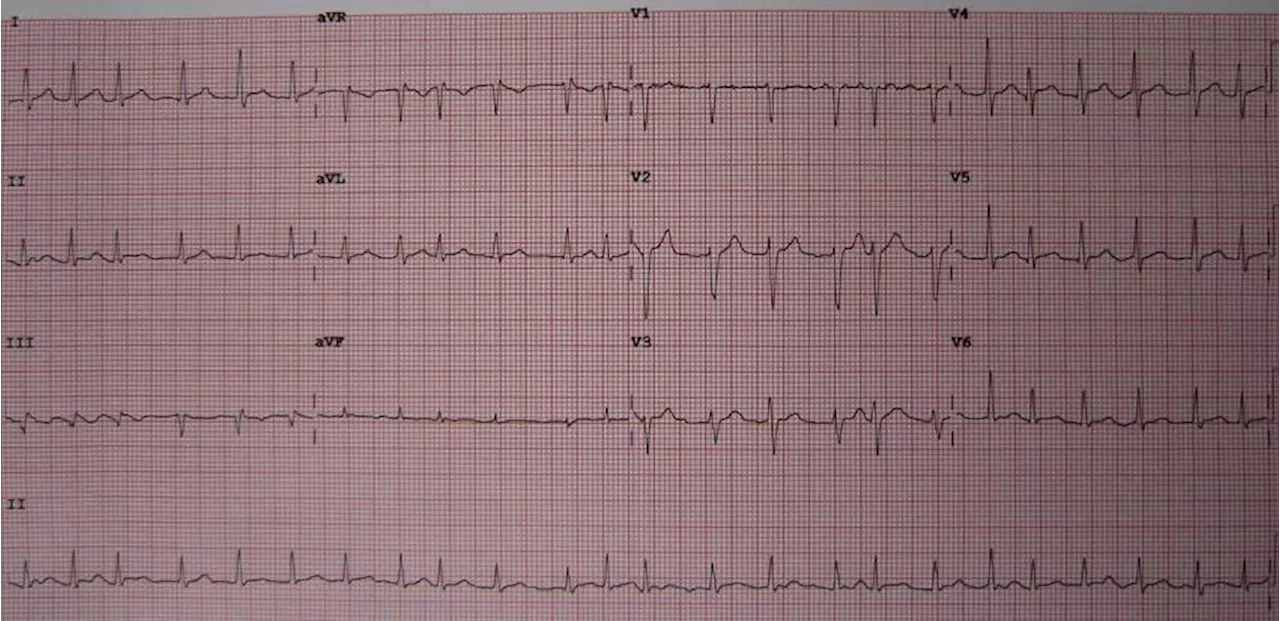Atrial fibrillation (AF) is the most common form of arrythmia or irregular heartbeat worldwide, impacting millions of people in the U.S. alone.
May 20 2024Mass General Brigham Atrial fibrillation is the most common form of arrythmia or irregular heartbeat worldwide, impacting millions of people in the U.S. alone.
RF-based ablation uses radiofrequency energy to inactivate the heart tissue responsible for producing irregular electrical signals. Though RF-based ablation's safety and efficacy have been previously demonstrated in randomized, controlled clinical trials, the technique is ever evolving, and little is known about the effectiveness and safety of the technique outside of clinical trials.
The researchers evaluated data from 2,470 patients in the REAL-AF registry who had undergone RF-based ablation for paroxysmal AF, the form of AF in which symptoms come and go. For each patient, the team evaluated procedure time and technique, and examined patient outcomes immediately after the procedure and 12 months later.
Arrhythmia Catheter Catheter Ablation Clinical Trial Drugs Efficacy Healthcare Heart Hospital Research
United Kingdom Latest News, United Kingdom Headlines
Similar News:You can also read news stories similar to this one that we have collected from other news sources.
 Study reports 'excellent' outcomes for patients receiving optimized treatment for atrial fibrillationAtrial fibrillation (AF) is the most common form of arrythmia or irregular heartbeat worldwide, impacting millions of people in the U.S. alone.
Study reports 'excellent' outcomes for patients receiving optimized treatment for atrial fibrillationAtrial fibrillation (AF) is the most common form of arrythmia or irregular heartbeat worldwide, impacting millions of people in the U.S. alone.
Read more »
 High testosterone levels in older men associated with greater risk of atrial fibrillationResearchers investigated whether higher endogenous testosterone levels increase atrial fibrillation (AF) risk among healthy older males.
High testosterone levels in older men associated with greater risk of atrial fibrillationResearchers investigated whether higher endogenous testosterone levels increase atrial fibrillation (AF) risk among healthy older males.
Read more »
 Atrial fibrillation linked to high mortality and hospitalization rates, UQ study showsForty-five per cent of patients admitted to hospital for atrial fibrillation (AF) in Australia and New Zealand die within a decade, according to University of Queensland research.
Atrial fibrillation linked to high mortality and hospitalization rates, UQ study showsForty-five per cent of patients admitted to hospital for atrial fibrillation (AF) in Australia and New Zealand die within a decade, according to University of Queensland research.
Read more »
 Younger adults with atrial fibrillation face higher rates of heart failure and strokeThe risk factor (RF) burden, clinical outcomes, and long-term survival among patients with atrial fibrillation (AF) under 65 years of age.
Younger adults with atrial fibrillation face higher rates of heart failure and strokeThe risk factor (RF) burden, clinical outcomes, and long-term survival among patients with atrial fibrillation (AF) under 65 years of age.
Read more »
 2000–2010 to 2011–2022 saw increase in lifetime risk for atrial fibrillationFrom 2000 to 2022, there was an increase in the lifetime risk for atrial fibrillation, according to a study published online April 17 in The BMJ.
2000–2010 to 2011–2022 saw increase in lifetime risk for atrial fibrillationFrom 2000 to 2022, there was an increase in the lifetime risk for atrial fibrillation, according to a study published online April 17 in The BMJ.
Read more »
 Atrial fibrillation more common and dangerous in younger people than previously thoughtAtrial fibrillation (Afib), a common type of arrhythmia that is on the rise in people under the age of 65, is more dangerous in this increasingly younger population than previously thought, according to a new study published in Circulation Arrhythmia and Electrophysiology and authored by physician-scientists at the UPMC Heart and Vascular...
Atrial fibrillation more common and dangerous in younger people than previously thoughtAtrial fibrillation (Afib), a common type of arrhythmia that is on the rise in people under the age of 65, is more dangerous in this increasingly younger population than previously thought, according to a new study published in Circulation Arrhythmia and Electrophysiology and authored by physician-scientists at the UPMC Heart and Vascular...
Read more »
